Why Does Nobody Ever Call the Police? by Teen Contributor Riley Jensen
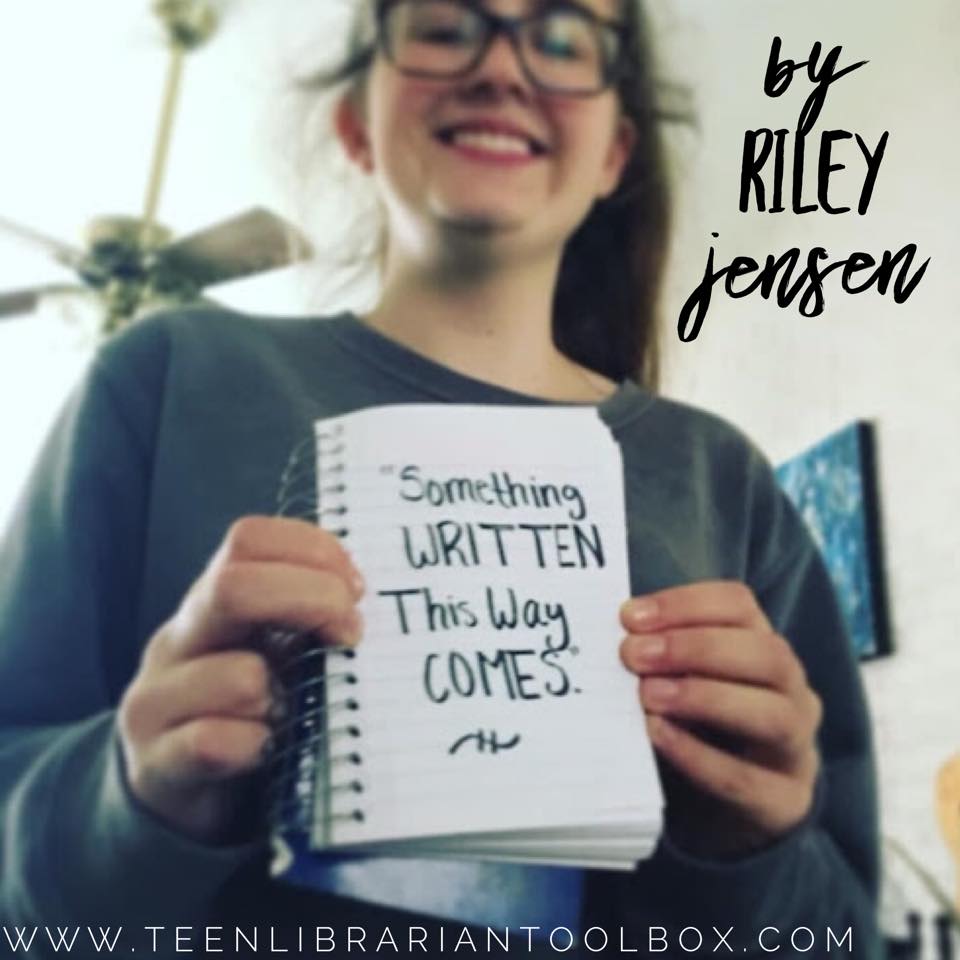
In many books, the plot heavily relies on characters committing some kind of crime. I understand why in many of these books the problem has to be fixed by the protagonist alone. Maybe there’s no laws in the world or everyone else is dead or something. But, in a modern time with a modern police force some of the things that happen make me wonder, “why does nobody ever call the police?”
Yes, I do understand that the whole plot of this book rotates around the fact that there is a crime being committed and, yes, I do understand that the book would end very quickly if the police were to get involved. Both of those thing considered, it still makes me ask the seem question. These activities are clearly illegal and harmful to others but everyone is like, “no, I must bring justice to the world on my own.” This usually leads to the character to also committing crimes in order to stop the original criminal which doesn’t make a lot of sense. It’s creating more problems than it’s solving.
ADVERTISEMENT
ADVERTISEMENT
The conflict does make the book entertaining but whenever I think about it I’m kind of irritated by how irrational it all is. The same thing happens all the time in realistic movies when there’s some kind of event that solves every problem and you just sit there thinking, “that’s not at all how that works.” As readers I get that we are supposed to just go with the book, but it still doesn’t change the fact that there is a very simple solution to a very big problem.
In the end, this small thing doesn’t ruin the book for me, but I can’t stop myself from thinking that a book could be cut in half if someone had just went down to the police and said, “you know this is kind of a problem and I kind of want it fixed.” As long as the book is entertaining then I suppose it’s fine. But, in real life, we would definitely call the police.
Filed under: Teens
About Karen Jensen, MLS
Karen Jensen has been a Teen Services Librarian for almost 30 years. She created TLT in 2011 and is the co-editor of The Whole Library Handbook: Teen Services with Heather Booth (ALA Editions, 2014).
ADVERTISEMENT
ADVERTISEMENT
SLJ Blog Network
Name That LEGO Book Cover! (#53)
Cover Reveal and Q&A: The One and Only Googoosh with Azadeh Westergaard
Exclusive: Vol. 2 of The Weirn Books Is Coming in October | News
Fighting Public School Book Bans with the Civil Rights Act
ADVERTISEMENT



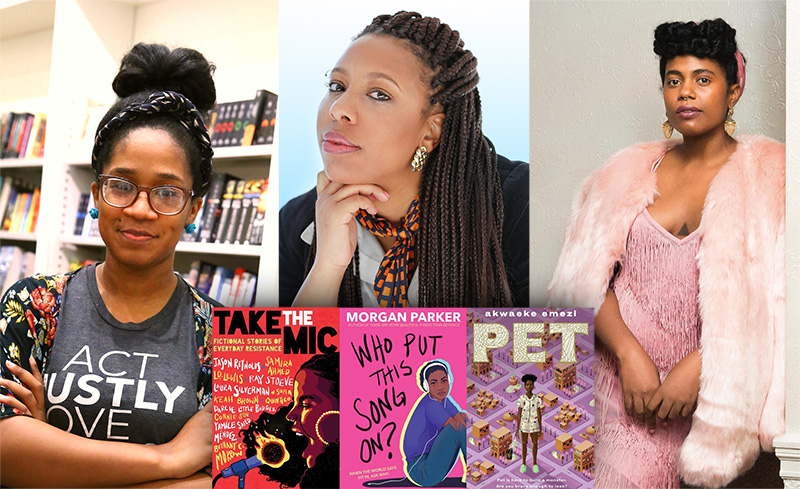

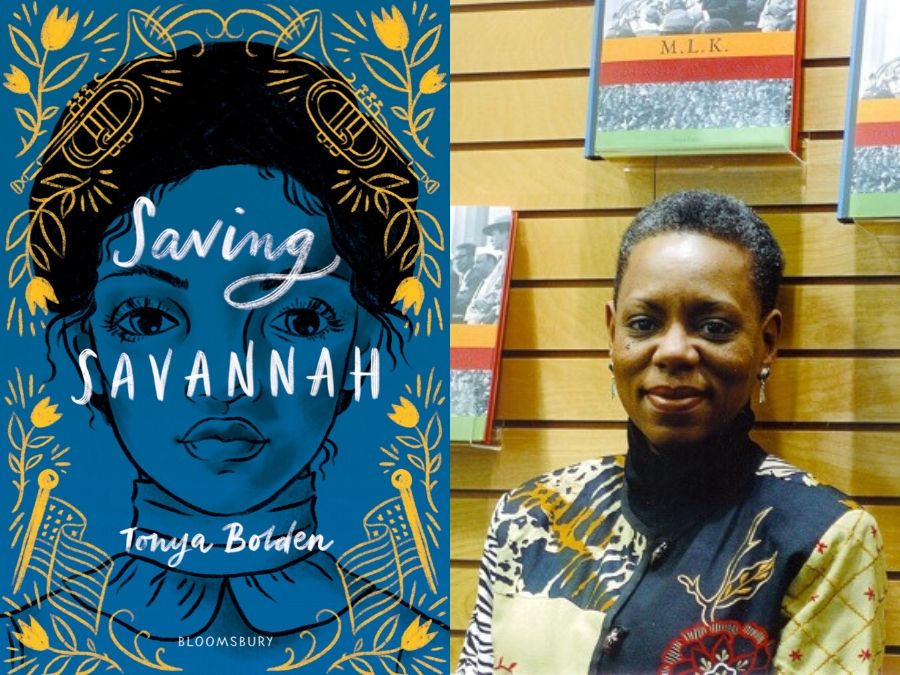
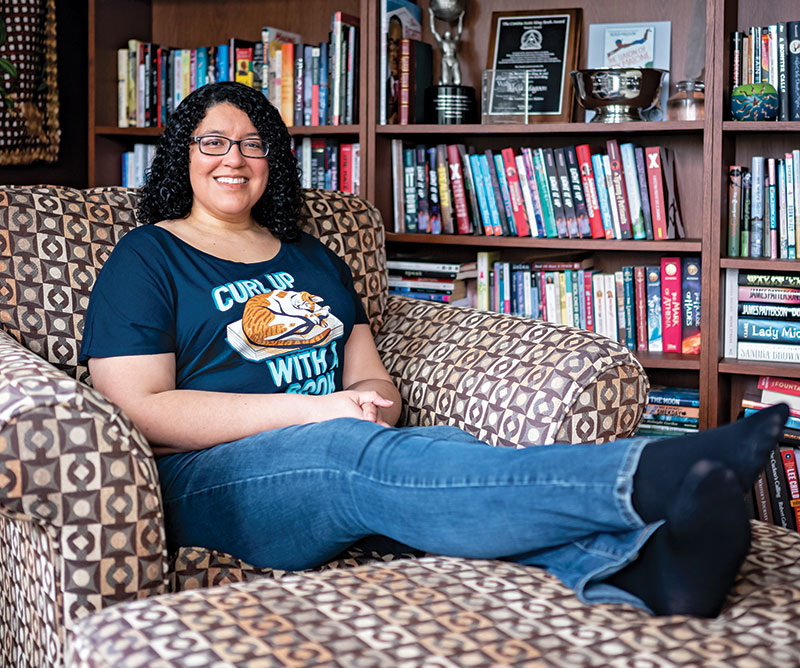
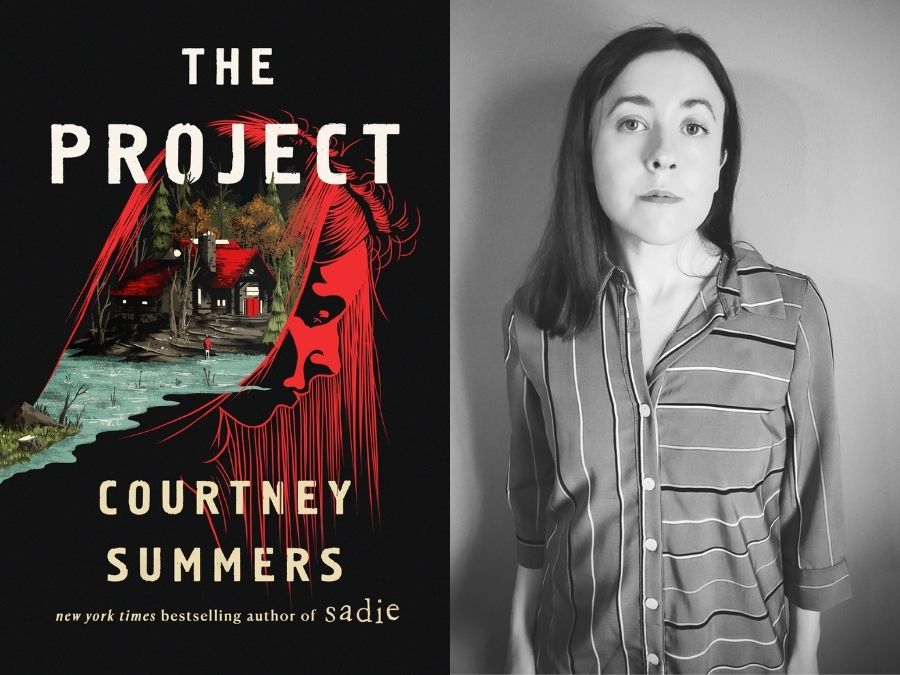
Outstanding point. This actually wrecked THE HATE U GIVE for me. The police would have been all over that opening shooting scene, investigating heavily, talking to all the parties. And it would have wrecked the plot. Instead, Thomas decided not to have that happen. The thing is, readers and reviewers didn’t seem to care at all, because the book hit all the other right social justice buttons. Great catch, Riley. That’s not how it works.
Hi there, this is Karen. I actually think that history has proven that in this instance – police shooting a Black boy or man – there wouldn’t be a good investigation or any charges. That’s why Black Lives Matter protests are taking place all over the nation. I thought THE HATE U GIVE was authentic, moving and important. In this particular instance, Riley was talking about books where TEENS find themselves in a situation – say, finding a dead body or being blackmailed – and they don’t call the cops but try and solve it on their own. I happen to know what book she was reading at the time to prompt this complaints and it’s valid for a lot of YA, but not for THE HATE U GIVE.
So much yes to this 😀 I remember showing American movies on my laptop to kids in the community where I lived in Ghana for several years. A traffic accident scene in Fantastic 4: My kids: “Ah! What is this!? Some of the white people don’t think at all! Insofar as the car has come to stop, you also must to stop. But you are just crashing the cars anyhow!” If we acted in real life like they do in the movies . . . 😀